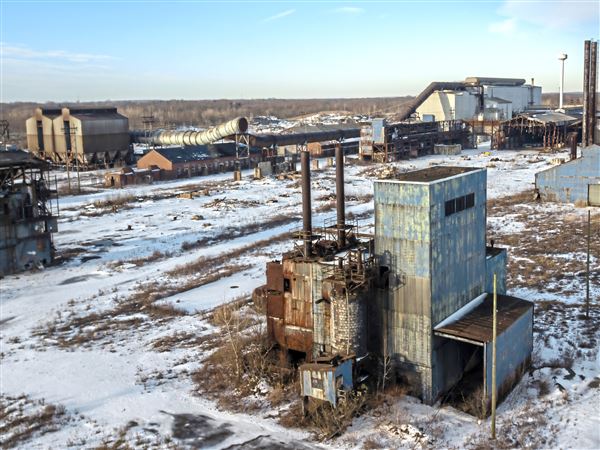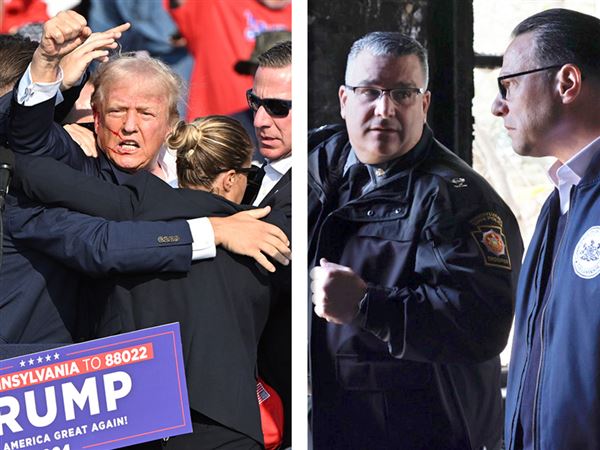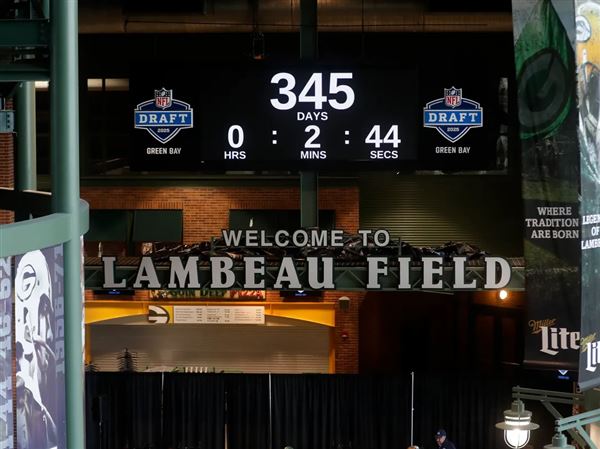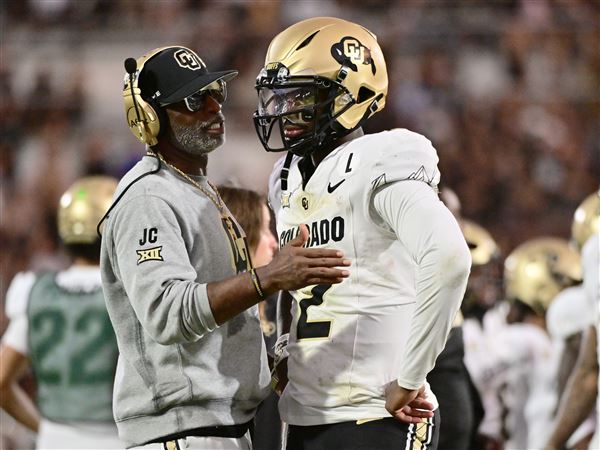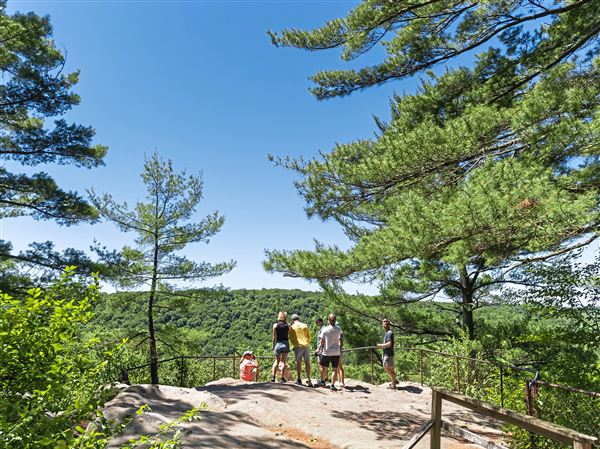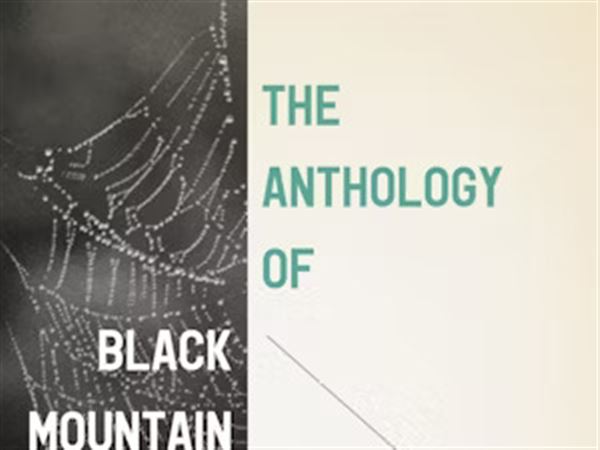JOHANNESBURG, South Africa — I am a longstanding resident of Pittsburgh, but the sights, smells and sounds of South Africa are buried deep within me and have not been erased by time.
I grew up in Johannesburg and, fortuitously, arrived in South Africa last Thursday night just in time to learn of the passing of Nelson Rohlihahla Mandela (affectionately known by the name of his Xhosa/Thembu clan, Madiba).
There has been a great outpouring of grief as the country comes to grips with the reality of the situation and we are now well into the 10-day period of mourning and funeral preparation.
I am staying with my parents, who live roughly a mile from Mandela’s residence in Johannesburg. Throngs of people have descended on the neighborhood carrying flowers and the streets have been cordoned off for the last few days so they can walk to the residence and sign the tribute book. I, too, walked to the Mandela home.
The mood of the crowd was both somber and joyful. On one corner, a church group of African women resplendent in red dresses were dancing, accompanied by a man on the African drum. People of all races and walks of life were present, many of them openly grieving, and hills of flowers, candles, flags and cards occupied the other street corners. Stands selling memorabilia have popped up strategically at all the intersections, with their wares on display: hats embroidered with the word ‘MADIBA’, shawls, framed holographic photographs of Mandela and various rosettes and brooches.
Last Sunday, religious services were held throughout the country. I attended the service at the local synagogue. The chief rabbi of South Africa led the service and Thabo Mbeki, the president of South Africa just after Mandela, was the keynote speaker. The message was clear: Madiba’s legacy is one of reconciliation, justice and equality for all, and it is our obligation to ensure that his legacy lives on.
The synagogue was filled with about 2,000 people and there was a massive police presence outside. The crowd prayed, wept and expressed gratitude to Mandela and his family for leading the path to democracy and peace.
Having grown up in South Africa, I thought I knew a lot about Mandela, the African National Congress and the liberation struggle, but on this visit I’ve learned so much more about Mandela’s graciousness of spirit, keen humor and gentle disposition. I am struck by the fact that during his long imprisonment Mandela learned to speak Afrikaans — the language of the government officials, his oppressors — so that he could interact with his jailers and enquire after their families.
•
Tuesday I spent almost all day watching TV. The government asked people to stay away from the huge international memorial service at FNB stadium in Soweto (which I had visited in 2010 for a post-World Cup exhibition game of South Africa vs. Ghana) and instead remain home or attend a gathering at one of the other (overflow) stadiums. Very few people were on the streets, and the malls and coffee shops were mostly deserted.
I did run out to the supermarket briefly and, even there, a small table was set up with a tribute book (I wrote a message in it), a candle and two South African flags draped on either side. Apparently, it is African tradition to keep a candle burning until the body is buried. A candle has even been lit and is burning in cell No. 5 on Robben Island where Madiba was incarcerated for 27 years.
While South Africa has reflected on its history over the past several days, I have reflected on mine.
I grew up in the Jewish community in Johannesburg during the height of the apartheid era. I was a young child when Mandela and his ANC compatriots were sentenced to life imprisonment at the Rivonia trial.
In my early childhood, I was blissfully unaware of the great upheaval in this country, although everyone knew the name Mandela and the names of other political prisoners. By the time I became a teenager, the reality of the politics was unavoidable. When I attended university, South Africa was in a full-blown crisis.
Although my own family was not particularly active politically (and, indeed, most Jewish families were fearful of their own tenuous positions in their adopted country of South Africa and were not very vocal in their opposition to the government), we certainly knew individuals engaged in the liberation struggle.
My father attended law school with some of the lawyers who defended the ANC leaders at the Rivonia trial. My parents also knew several people who fled South Africa because they were targeted by the Security Police, and I recall that my school friend and her family suddenly disappeared and went to live in London because the parents were members of the banned ANC and their lives were at risk.
At my high school, many of the teachers were politically active, as was the student body. I later learned that the security police had the school under surveillance, kept dossiers on some of the students and paid a visit to the head of the school, requesting that he inform the students and their parents that they were putting themselves in danger by opposing government policies so openly.
During my final year in high school, massive race riots broke out in Johannesburg. Through our classroom windows, we could see the fires burning on the horizon. In light of this, I decided against attending medical school (a seven-year degree) as I was certain that the country would explode before I could complete my studies.
I went on to obtain an undergraduate and master’s degree at the University of the Witwatersrand, which was racially integrated. There were frequent student protest marches and raids by the police. Classes were often canceled.
It was a frightening time and I left South Africa as a young adult in the late 1980s fearful that the end was approaching. A state of emergency was in force and the political situation was intolerable. I was unwilling to build a future in a country with such deep racial divisions and, not without guilt, left South Africa to seek a better life abroad.
•
Notwithstanding my many wonderful years in Pittsburgh, I continue to feel a deep and visceral attachment to South Africa. The soil is red and it stains one’s bare feet. The insect sounds at dusk strum on my heart. I am privileged to be in Johannesburg at this time to mourn the passing of a venerable leader, along with all South Africans.
The likes of Mandela will never again be seen. His message of ubuntu (humanness/unity) resounds throughout the country. And so, in addition to grieving, South Africans celebrate the life of Mandela.
I, too, have joined in, singing the freedom songs I learned growing up. In my youth, our housekeeper taught my sisters and me “Nkosi Sikhel’ iAfrika; God Bless South Africa," a song which was banned at the time. Nevertheless, we sang it with fervor at the slightest provocation (along with songs like “Oh, Freedom” and “Kumbaya”).
Nkosi Sikhel’ iAfrika is no longer banned. In fact, it forms the beginning verses of the South African national anthem. As testament to the unity of all South Africans, parts of the apartheid government anthem form the middle verses. A final, concluding stanza in English has been added:
And united we shall stand,
Let us live and strive for freedom
In South Africa our land.
I return to Pittsburgh shortly, but a part of me will remain behind.
Lala ngoxolo tata Madiba (Rest in peace, father Madiba).
Marlene Behrmann Cohen is a professor of psychology at Carnegie Mellon University who specializes in cognitive neuroscience.
First Published: December 15, 2013, 5:00 a.m.
